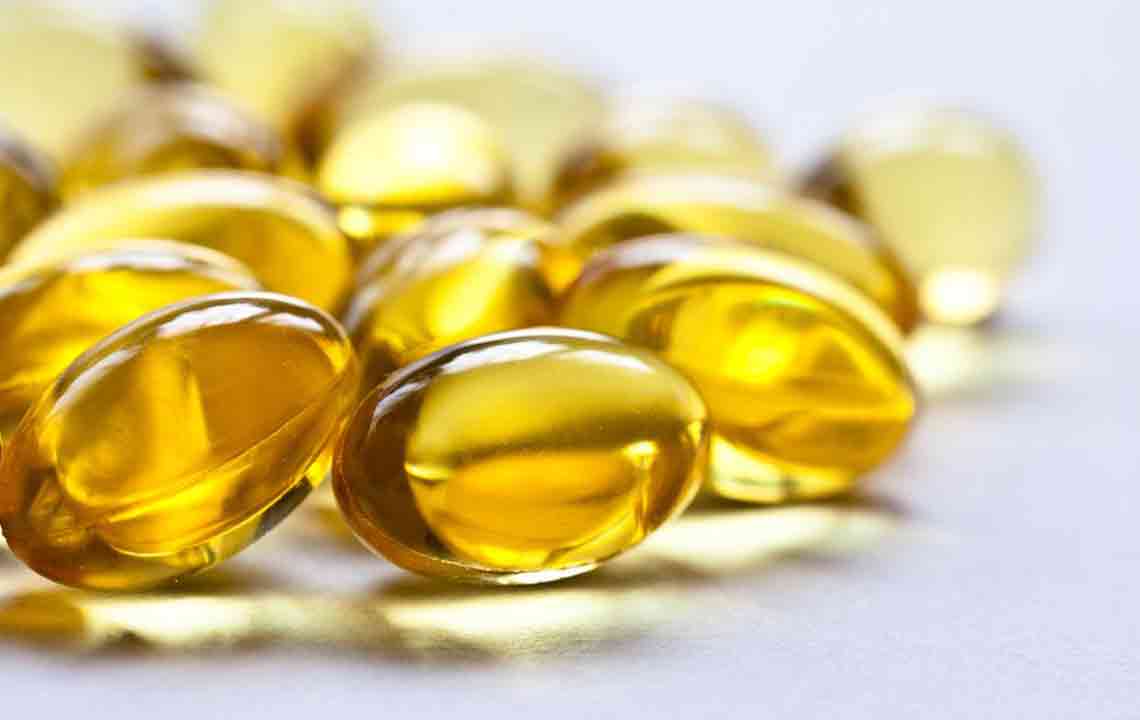Comprehensive Guide to the Top 5 Nutrients Vital for Maintaining Optimal Eye Health
This comprehensive article explores the top five nutrients essential for maintaining optimal eye health, including bilberry, lutein, zeaxanthin, omega-3 fatty acids, and Coenzyme Q10. It emphasizes the importance of a balanced diet and proper supplementation to prevent age-related eye diseases like AMD, cataracts, and dry eyes. The piece provides practical guidelines for safe use of supplements and highlights the historical and scientific significance of these nutrients in supporting visual wellness, helping readers take proactive steps towards preserving their vision at every age.

Comprehensive Guide to the Top 5 Nutrients Vital for Maintaining Optimal Eye Health
Maintaining healthy vision is a crucial aspect of overall well-being, especially as many eye conditions become more prevalent with age. Among these, presbyopia—an age-related condition where the eye lens loses flexibility—commonly affects individuals over the age of 40. Recognizing and addressing eye health concerns early can significantly improve quality of life. Besides routine eye examinations, nutrition plays a pivotal role in supporting ocular health. Incorporating specific nutrients into your diet or supplement routines can help prevent, slow, or mitigate common eye issues such as age-related macular degeneration (AMD), cataracts, and glaucoma.
Essential Nutrients for Protecting Your EyesThe eyes are highly sensitive organs that require a steady supply of nutrients to function optimally. Scientific research has underscored the importance of antioxidants and other vital compounds that combat oxidative stress—a primary factor in many age-related and degenerative eye diseases. Regular intake of these nutrients, either through diet or supplements, can fortify the eyes' defenses, improve visual acuity, and reduce the risk of long-term damage.
Bilberry: A Traditional Remedy for Night Vision and Vascular SupportBilberry, native to North America and parts of Europe, is renowned for its rich antioxidant content, particularly anthocyanins. Historically, bilberry has been used to improve blood vessel health and treat vascular issues. Its significance in eye health became popular during World War II when British pilots consumed bilberry jam or extracts to enhance night vision during missions. The high levels of bioflavonoids in bilberry help strengthen blood vessel walls, thereby safeguarding the delicate capillaries in the eyes from damage caused by high blood sugar and oxidative stress. Additionally, bilberry supports the regeneration of rhodopsin—the light-sensitive pigment essential for low-light and night vision—making it a valuable supplement for those experiencing visual impairments.
Lutein and Zeaxanthin: Nature’s Blue Light Filters Lutein and zeaxanthin are carotenoids naturally found in the macula of the human eye. They act as natural filters, absorbing high-energy blue light from the sun and artificial sources like computer screens. Their protective role is vital in preventing damage to the central part of the retina, particularly by reducing the risk of age-related macular degeneration. Supplementation with these carotenoids has been shown to improve contrast sensitivity, sharpen central vision, and reduce glare sensitivity. These nutrients also possess antioxidant properties that help combat oxidative damage, thus reducing our risk of developing cataracts and dry eye syndromes.
Mixed Carotenoids for Comprehensive Eye Protection Incorporating a blend of different carotenoids offers a multi-layered approach to eye health. Besides lutein and zeaxanthin, other powerful carotenoids include astaxanthin, beta-carotene, and lycopene. Beta-carotene serves as a precursor to vitamin A, which is inherently essential for maintaining healthy vision, especially night vision. Combined with vitamins A, C, and E, and minerals like zinc, these nutrients form a potent defense system against oxidative stress and degenerative eye conditions. However, caution is necessary as excessive intake can have adverse effects, emphasizing the importance of consulting healthcare providers before starting supplements.
Omega-3 Fatty Acids: Essential for Retinal and Tear Health Omega-3 fatty acids, especially EPA and DHA, are vital for maintaining cell membrane integrity in the retina. These healthy fats contribute significantly to reducing inflammation in the eye tissues and supporting the production of tears, which is critical for dry eye sufferers. Consuming fatty fish such as salmon, mackerel, and sardines regularly, or taking high-quality omega-3 supplements, can help maintain retinal health, enhance visual clarity, and support overall eye comfort. DHA, in particular, is integrated into the structure of the retinal cells, helping sustain their function over time and protecting against age-related deterioration.
Coenzyme Q10: Boosting Cellular Energy in the EyesProduced naturally in the body, Coenzyme Q10 (CoQ10) plays a critical role in cellular energy production through mitochondrial activity. As we age, CoQ10 levels decline, leading to reduced cellular efficiency and increased vulnerability to damage from oxidative stress. In the eyes, CoQ10 supports the energy needs of retinal cells, helping to maintain visual function and delay degenerative changes. Supplementation with CoQ10 has shown promise in protecting against light-induced damage and supporting the longevity of eye cells, ultimately contributing to sustained visual health.
Guidelines for Safe and Effective Use of Eye Supplements Incorporating supplements into your routine requires careful consideration to ensure safety and efficacy. Follow these essential tips:
Always consult a healthcare professional or ophthalmologist before beginning any new supplement regimen, particularly if you have underlying health conditions or are on medication.
Check for potential allergens in supplement ingredients and avoid those with known sensitivities.
Pregnant or breastfeeding women should seek medical advice to ensure supplements are safe during these periods.
Supplements should complement a balanced diet rich in fruits, vegetables, nuts, and omega-rich foods rather than replacing healthy eating habits.
Dosage recommendations should be strictly followed to prevent overdose or adverse effects.
By understanding the critical nutrients that support ocular health and adopting a comprehensive approach to diet and supplementation, individuals can effectively preserve and enhance their vision. Regular eye checkups, combined with proper nutrition, are key to maintaining clear, comfortable vision well into older age. Remember, early intervention is vital—don't wait for vision problems to become pronounced before taking action. Prioritize eye health today for a brighter, clearer tomorrow.




